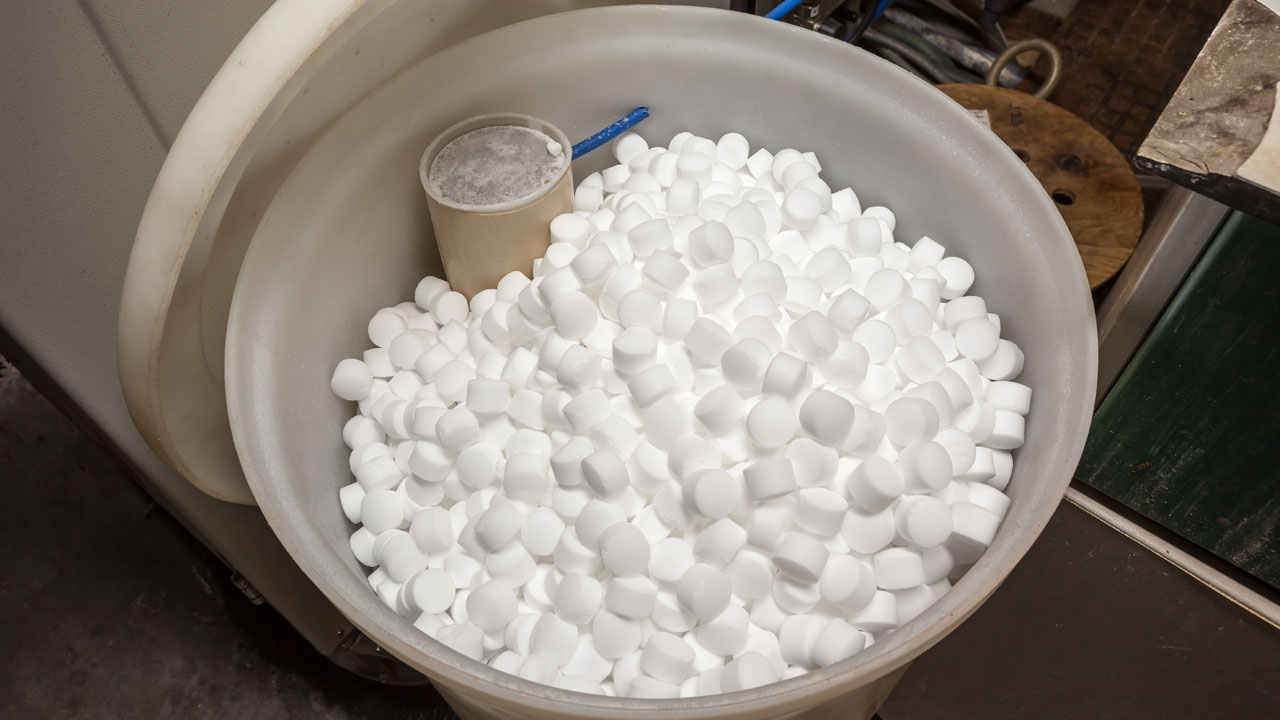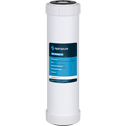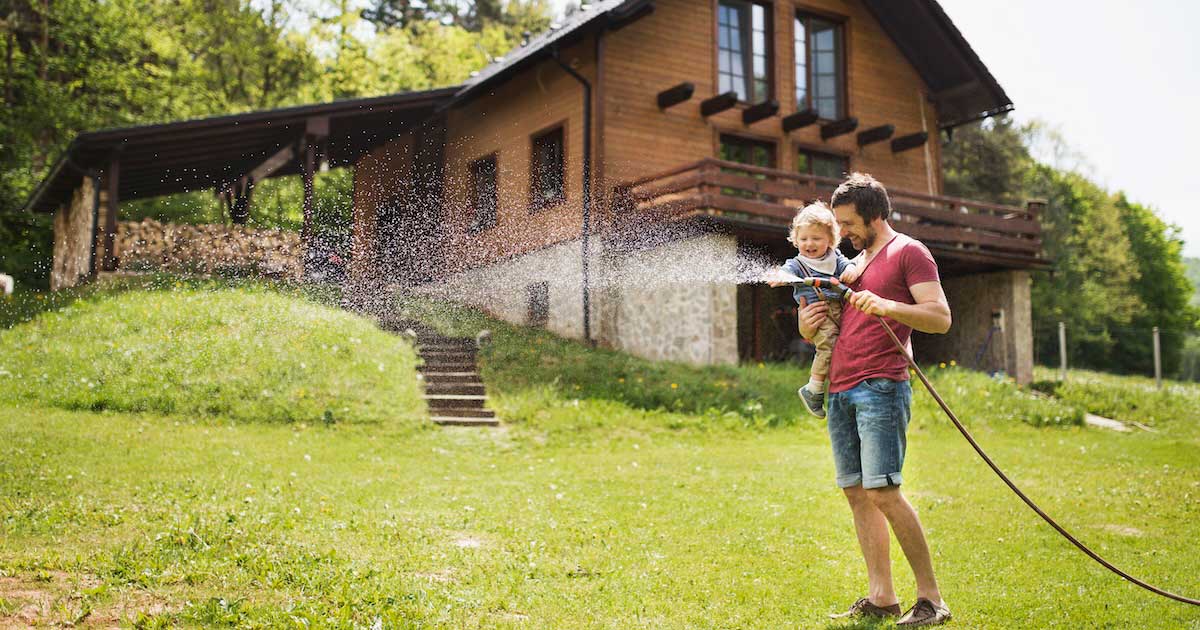Quick Guide: Water Descaler Versus Water Softener
 Andrew
December 31, 2025
#descaler
#hardwater
#softwater
#waterquality
#watersoftener
#wholehome
Andrew
December 31, 2025
#descaler
#hardwater
#softwater
#waterquality
#watersoftener
#wholehome

- Explain how water softeners use ion exchange to remove hardness minerals versus how descalers alter mineral properties to prevent scale
- Compare the benefits and limitations of each approach including maintenance, environmental impact, and water feel
- Help you decide which solution works best based on your water hardness level, priorities, and household needs
Understanding Hard Water and Its Challenges
- Scale buildup in pipes and appliances that reduces water flow and efficiency
- Shortened lifespan of water heaters, washing machines, and dishwashers
- Spotty dishes and glassware after washing and mineral deposits on faucets, showerheads, and bathroom surfaces
- Soap that doesn't lather properly, leaving residue on skin, hair, and clothing

How They Work: The Ion Exchange Process vs Crystallization
A traditional water softener uses an ion exchange process to actually remove hardness minerals from your water. Inside the softener tank, small resin beads carry a negative charge that attracts positively charged calcium and magnesium ions. As hard water flows through the resin bed, these hardness minerals swap places with sodium ions from the resin beads. Since ion exchange uses the term "beads," it can be helpful to picture a trading post or a swap meet. The negatively charged beads hold onto the sodium particles and actively attract the positively charged calcium and magnesium ions from the incoming hard water minerals, then complete the swap, introducing a small amount of sodium into the water.
The result is genuinely "soft" water that:
- Lathers easily with soaps and detergents
- Prevents scale formation throughout plumbing systems
- Reduces soap scum and mineral deposits on fixtures
- Leaves skin feeling smoother after bathing
- Helps clothes maintain softness and color vibrancy

Water descalers, also known as anti-scale systems or water conditioners, take a completely different approach to dealing with minerals in water. Rather than removing calcium and magnesium, descaling technology alters the physical properties of these minerals so they cannot form scale deposits.
An example of a high-quality descaler cartridge uses an advanced filtration technology called Double Layered Coated (DLC) modified ceramic beads. Through a catalytic conversion process, these beads transform hardness minerals into a crystalline form that remains suspended in the water because it can't stick to surfaces.
The primary benefits of DLC water descalers include:
- No salt or chemicals required
- More environmentally friendly with no wastewater produced
- Lower maintenance requirements than traditional softeners
- Smaller installation footprint
- Retention of beneficial minerals in your drinking water
- Lower operating costs over time
A second type of water descaling cartridge using polyphosphate beads creates a protective coating that prevents scale buildup and corrosion while sequestering dissolved metals to eliminate staining, all without requiring salt purchases, regeneration cycles, or producing harmful wastewater.
Choosing the Right Solution for Your Home
- Your specific water hardness level: categorically "very high" and "extremely high" hardness levels might benefit more from a traditional softener.
- Primary concerns: If preventing scale in appliances and pipes is your main goal, a descaler may be sufficient. If you want the feel of soft water for bathing and laundry, a traditional softener might be preferable.
- Environmental considerations: Descalers require no salt and produce no wastewater, making them more eco-friendly.
- Maintenance preferences: Descalers typically require less ongoing maintenance than salt-based softeners.

Both solutions can effectively protect your plumbing, appliances, and fixtures from the damaging effects of hard water. For many homeowners, the decision comes down to whether they want to remove hardness minerals entirely (softener) or simply prevent them from causing damage (descaler).






